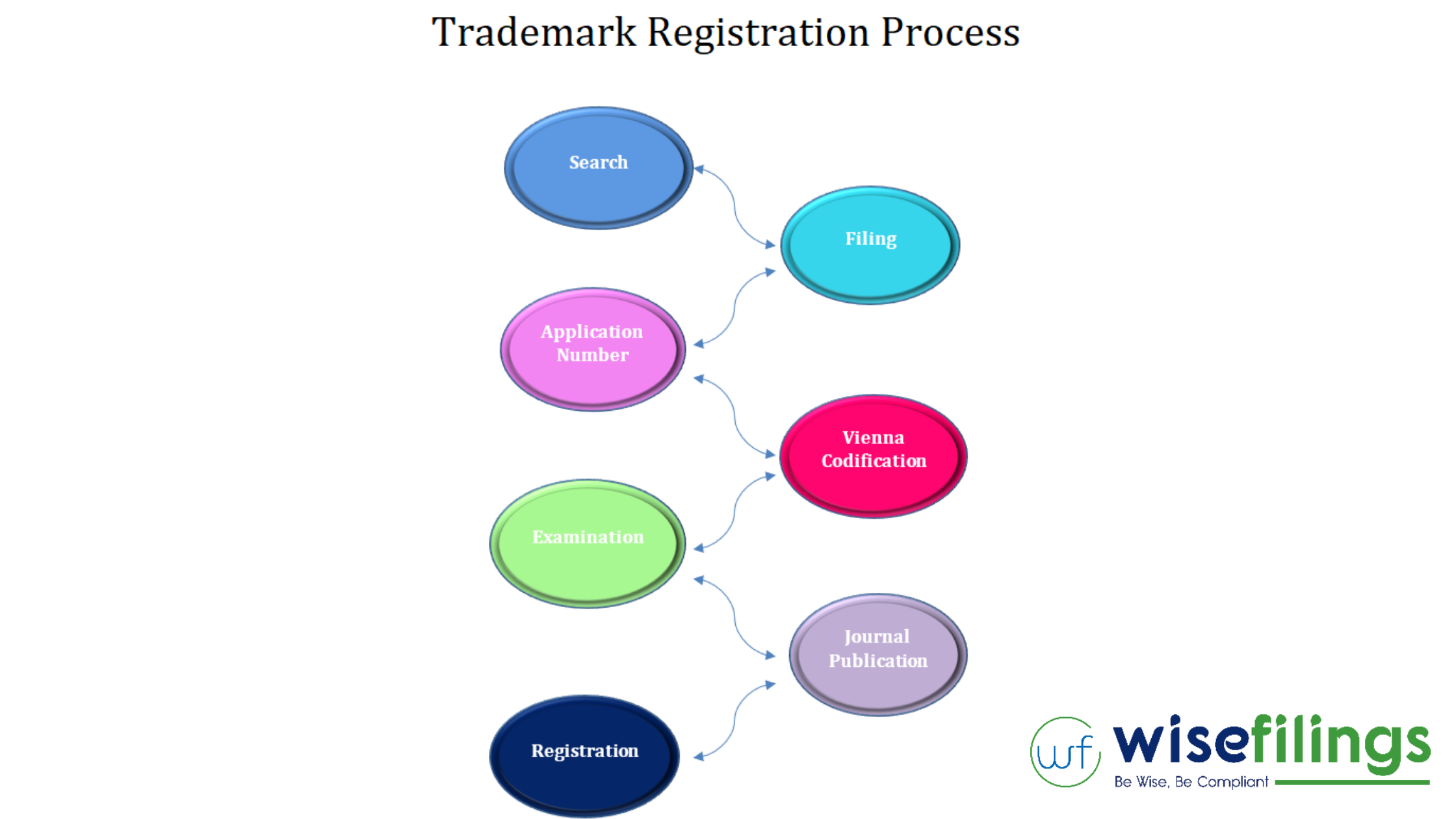KEY FEATURES OF LLP

An LLP i.e. Limited Liability Partnership was introduced in 2008 with the enactment of the Limited Liability Partnership Act, 2008. This type of business organization is also present in other parts of the world. The concept behind the introduction of the LLP is to bring a new business vehicle which gives benefit to the small and medium scale business which does not require large fund from the public still enjoys the benefit of the corporate structure. It is the hybrid version of a company and a partnership firm.
Features of an LLP
- Act
An LLP is governed by the Limited Liability Partnership Act 2008 and LLP Rules made thereunder. It is controlled by the Ministry of Corporate Affairs. Every LLP has to report to the MCA.
- Structure
As such an LLP is a new form of business but actually, it is a combination of a company and a partnership firm. Hence, it inherits the corporate form of structure from the company as well as the simplest business structure from the partnership firm. This makes an LLP a unique business structure that is easy to manage for the partners.
- Partners
In an LLP, the partners are divided into two forms. The first is Designated Partner and the other is Partner. Designated Partner means the partner who actively runs the business and who is liable for the day to day business activity and liable to comply with the laws. An ordinary partner is a person who is not engaged in day to day business activities. They have become a partner in an LLP for a specific reason. It may to earn some part of profit against the investment made in an LLP or any other reason. They are not liable for the compliance specified under the law.
To start an LLP, a minimum of 2 designated partners are required. The appointment of an ordinary partner is not mandatory. An LLP must not have less than 2 designated partners at any time.
- Limited Liability
As the name suggests an LLP has limited liability. The liability of a partner in an LLP is up to the part of the contribution made by the partner. Here, as in partnership firm, the partner is not personally liable for the debt of an LLP. If any partner commits fraud in the name of an LLP, then the partner will be personally liable and LLP will not bear the liability.
- Perpetual Succession
Perpetual succession means the continuation of the business even after the death or exit of the promoters of the business. An LLP also has a perpetual succession. It is not dependent on the promoters as it has a separate legal existence which a partnership firm lacks.
- Accounts & Audit
The LLP must record day to day entries according to the double-entry system and keep its books of accounts updated. An audit is not mandatory for an LLP up to certain limits. It is only mandatory if the contribution of the LLP exceeds Rs. 25 Lakhs, or the annual turnover of the LLP exceeds Rs. 40 Lakhs. If an LLP attracts any of the conditions then the books of accounts of an LLP must be auditor by a Chartered Accountant.
- Compliance
An LLP must comply with the LLP Act and LLP Rules. There are two types of compliances which are Annual compliance and Event-based compliance. Annual compliance is the annual forms i.e. Form 8 and Form 11 to be filed with MCA. LLP must also file an Income tax return. Event based compliance means they are only followed if the LLP attracts such events such as forms for addition or removal of partner or change in capital, etc. It must also comply with the other applicable ACT such as GST, PF, ESIC, Shop & establishment, etc.
- Taxation
An income of an LLP is taxed at the rate of flat 30% on the total income. The profit distributed among partners is already after deducting tax, hence tax is not again charged on profit received by the partners.



